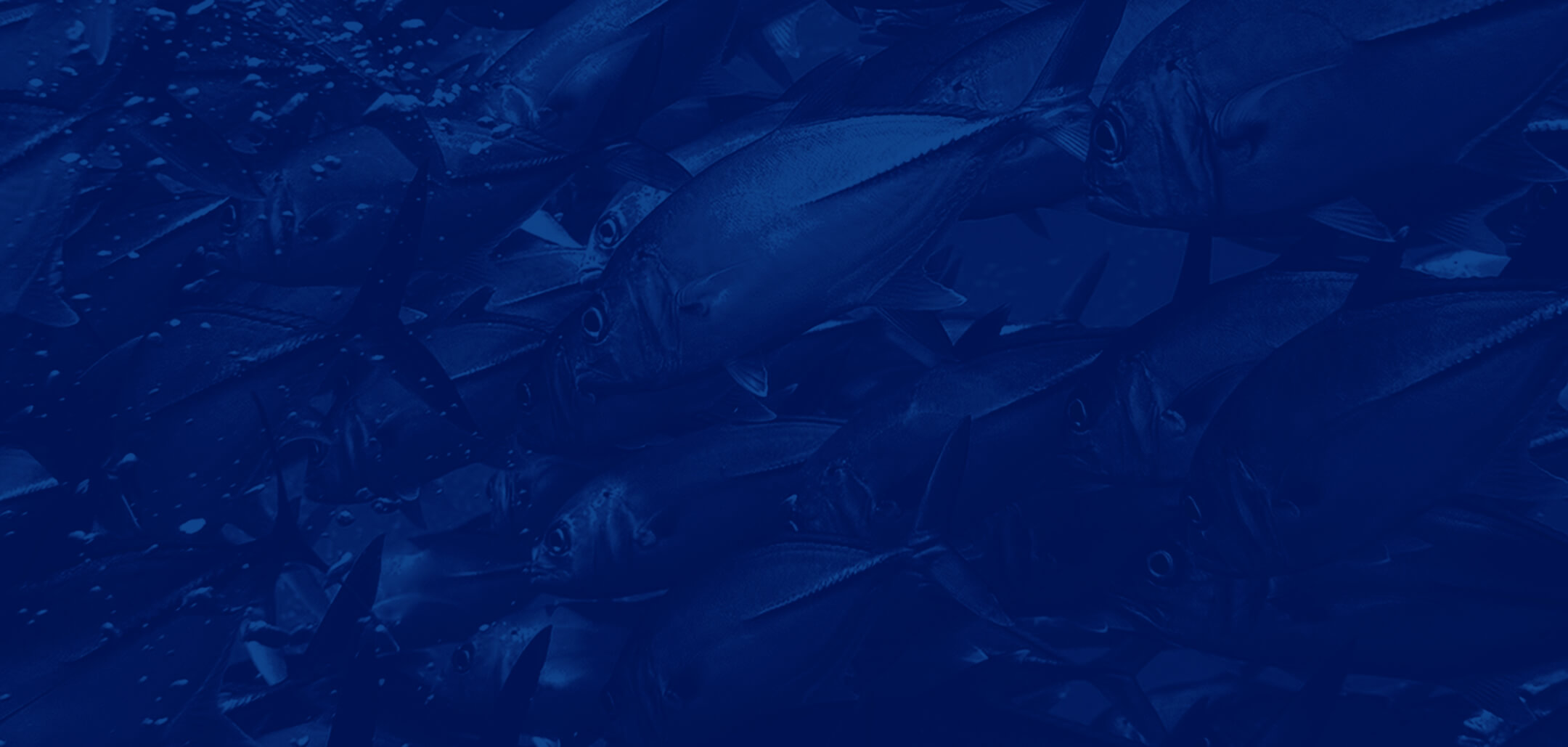Skip to content
You are using an outdated browser. Please upgrade your browser to improve your experience.
Mote Aquarium on City Island, Sarasota, is closed to visitors as we turn our full attention toward preparing to open Mote Science Education Aquarium (Mote SEA).
FAQ about Mote SEA
Dr. Jennifer Toyoda
Mote Postdoctoral Research Fellow
Ecotoxicology Program
Today's Research for Tomorrow's Oceans

Biography:
Dr. Toyoda joined the Ecotoxicology research program at Mote in 2022 after completing her Ph.D. in Pharmacology & Toxicology at the University of Louisville. Her graduate work sought to elucidate the molecular mechanisms of metal-induced carcinogenesis. Using the One Environmental Health approach, which holistically addresses risks of environmental toxicants to human health, wildlife health, and ecosystem health, she employed field work and molecular assays to investigate genotoxicity in cells from humans, whales, and alligators. As a member of the Ecotoxicology program, she studies how natural toxins and man-made chemicals affect marine ecosystems. Florida red tide toxins, pesticides, pharmaceuticals, and other compounds threaten wildlife and cause human illnesses. Dr. Toyoda applies molecular techniques and toxicological assays to understand and mitigate the health impacts of harmful environmental chemicals on important marine species and public health.
Education:
Ph.D. University of Louisville (Pharmacology & Toxicology)
M.S. University of Louisville (Pharmacology & Toxicology)
B.S. University of Kentucky (Biology)
B.A. UMass Amherst (Studio Art)
Featured Publications
Emily R. Hall; Cynthia A. Heil; Jessica D. Frankle; Sarah Klass; Victoria Devillier; Vincent Lovko; Jennifer H. Toyoda; Richard Pierce (2024). Mitigation of Karenia brevis Cells and Brevetoxins Using Curcumin, a Natural Supplement.
Water,
16(10), 1458.
https://doi.org/10.3390/w16101458Lu, Haiyan; Toyoda, Jennifer H.; Wise, Sandra S.; Browning, Cynthia L.; Speer, Rachel M.; Croom-Perez, Tayler J.; Bolt, Alicia; Meaza, Idoia; Wise, Sr., John Pierce (2024). A whale of a tale: whale cells evade the driving mechanism for hexavalent chromium-induced chromosome instability.
Toxicological Sciences,
199(1), 49-62.
https://doi.org/10.1093/toxsci/kfae030Jennifer H. Toyoda, Julieta Martino, Rachel M. Speer, Idoia Meaza, Haiyan Lu, Aggie R. Williams, Alicia M. Bolt, Joseph Calvin Kouokam, Abou El-Makarim Aboueissa, and John Pierce Wise, Sr. (2023). Hexavalent Chromium Targets Securin to Drive Numerical Chromosome Instability in Human Lung Cells.
International Journal of Molecular Sciences,
25(1), 256.
https://doi.org/10.3390/ijms25010256


